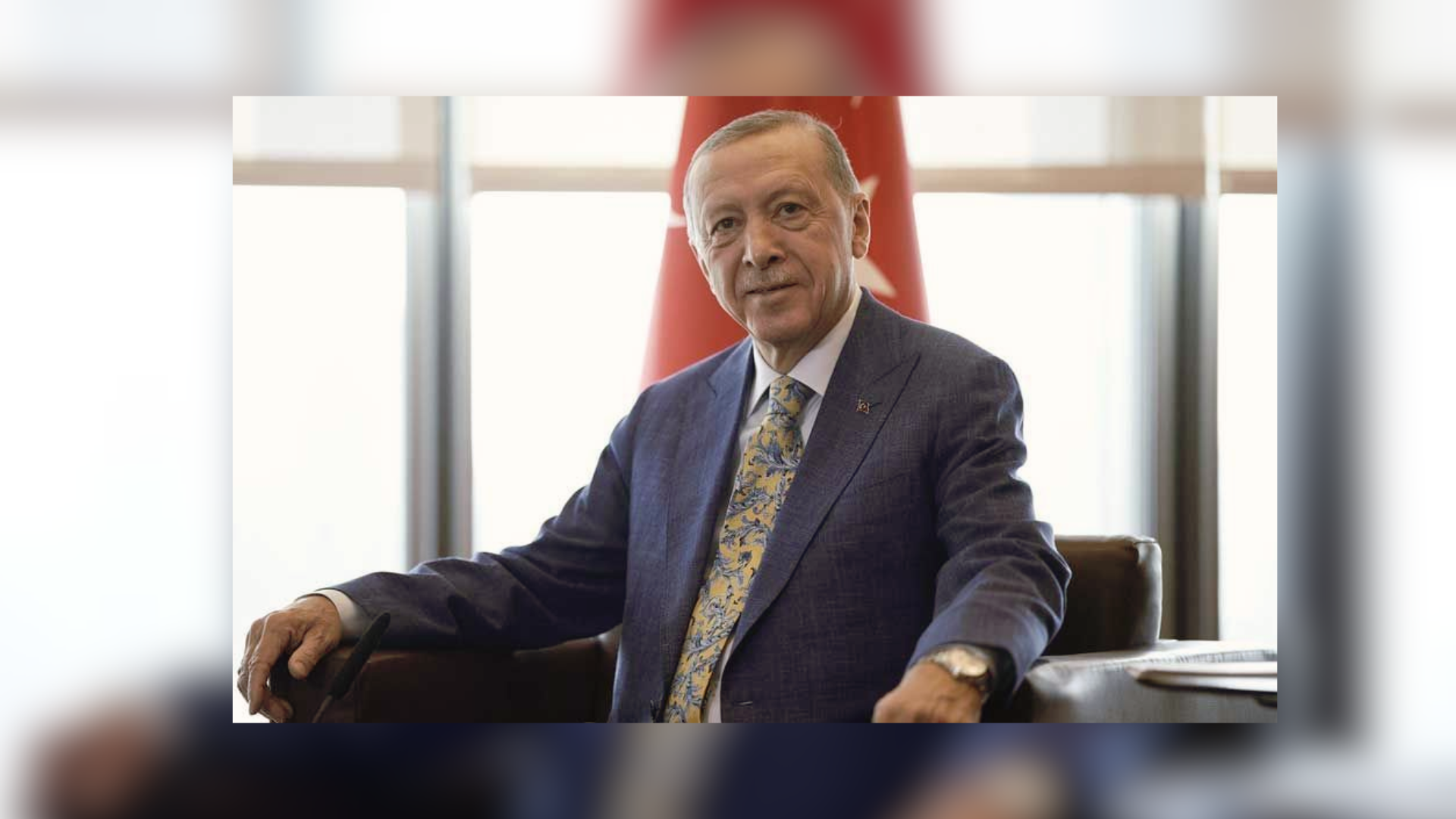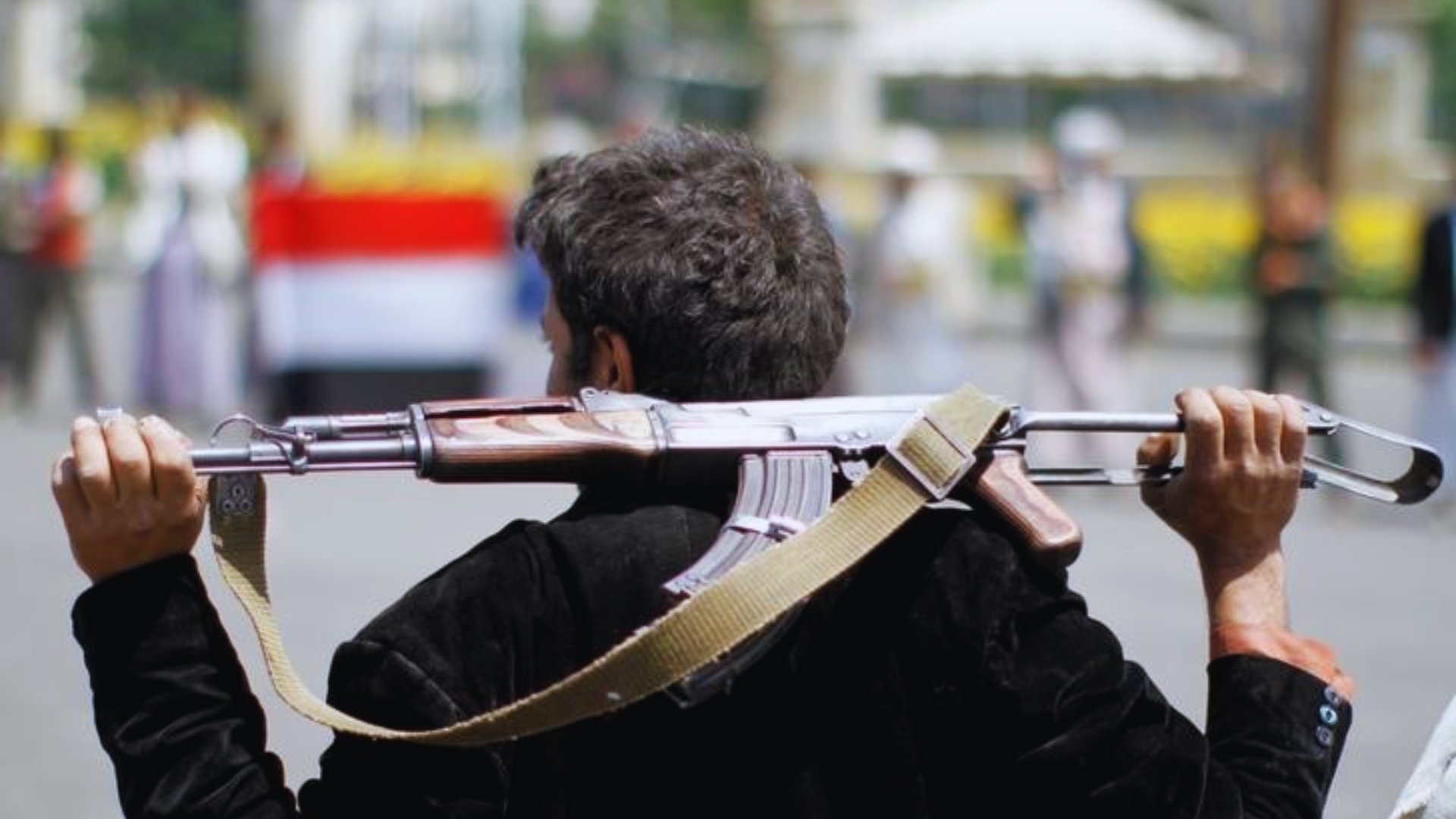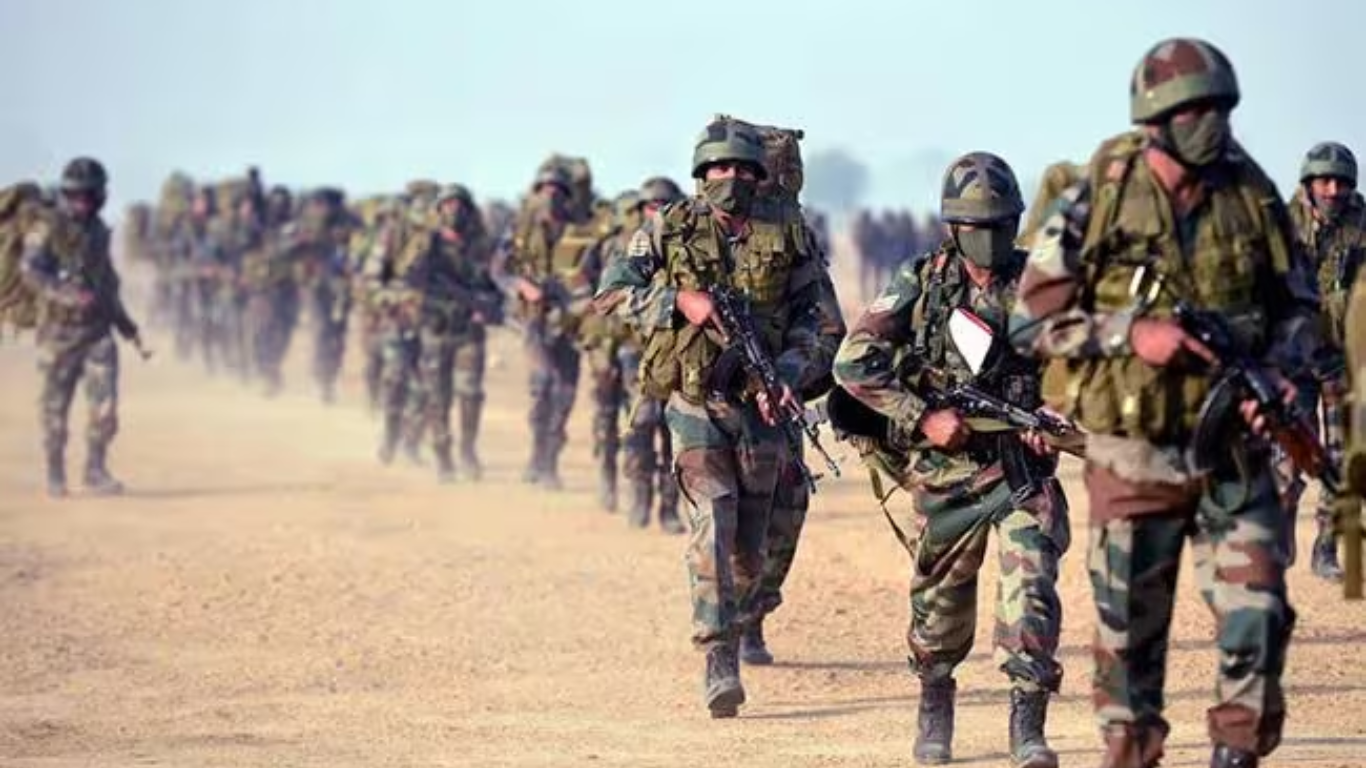










According to officials from the US, Israel, and Iran, Iran has been clandestinely supplying weapons to Palestinians in the Israeli-occupied West Bank using a covert smuggling route across the Middle East. This operation involves the utilization of intelligence operatives, militants, and criminal groups, as reported by a leading publication.
The primary objective behind this secret route, as stated by three Iranian officials, is to incite unrest against Israel by saturating the enclave with weapons. The development of this covert operation has sparked concerns that Tehran intends to escalate tensions in the West Bank, potentially turning it into the next focal point in the ongoing clandestine conflict between Israel and Iran.
The recent escalation of the conflict in Gaza has heightened the risk of a wider conflict in the Middle East, with Tehran pledging retaliation following an Israeli airstrike on an embassy compound that resulted in the deaths of seven Iranian armed forces commanders.
According to officials, many of the smuggled weapons travel through two main routes from Iran, passing through Iraq, Syria, Lebanon, Jordan, and eventually reaching Israel. During their journey across borders, the weapons change hands among various actors, including organized criminal gangs, extremist militants, soldiers, and intelligence operatives.
The U.S. has transferred over 5,000 AK-47s, machine guns, sniper rifles, RPG-7s, and 500,000 rounds of ammunition to #Ukraine in compliance with the UN Security Council. Enough for a brigade.
The weapons were seized during Iran’s attempts to smuggle them to the Houthis in Yemen. pic.twitter.com/aNPiVJ8pq6
— Bryan Dawson🇺🇸 (@BryanDawsonUSA) April 9, 2024
One significant group involved in this operation, according to Iranian officials and analysts, is Bedouin smugglers who transport the weapons across the border from Jordan into Israel. The New York Times conducted interviews with senior security and government officials knowledgeable about Iran’s weapon smuggling efforts into the West Bank, including individuals from Israel, Iran, and the US. These officials, representing all three countries, spoke on condition of anonymity due to the sensitive nature of covert operations.
Matthew Levitt, director of the counterterrorism program at the Washington Institute for Near East Policy, emphasized the involvement of Iranian-sponsored criminal networks, particularly Bedouin groups, in the movement and distribution of these weapons. Iran had previously promised a response to the Israeli strike on its embassy in Syria, with Iran’s top general pledging retaliation during the funeral procession of military officer Mohammed Reza Zahedi.









